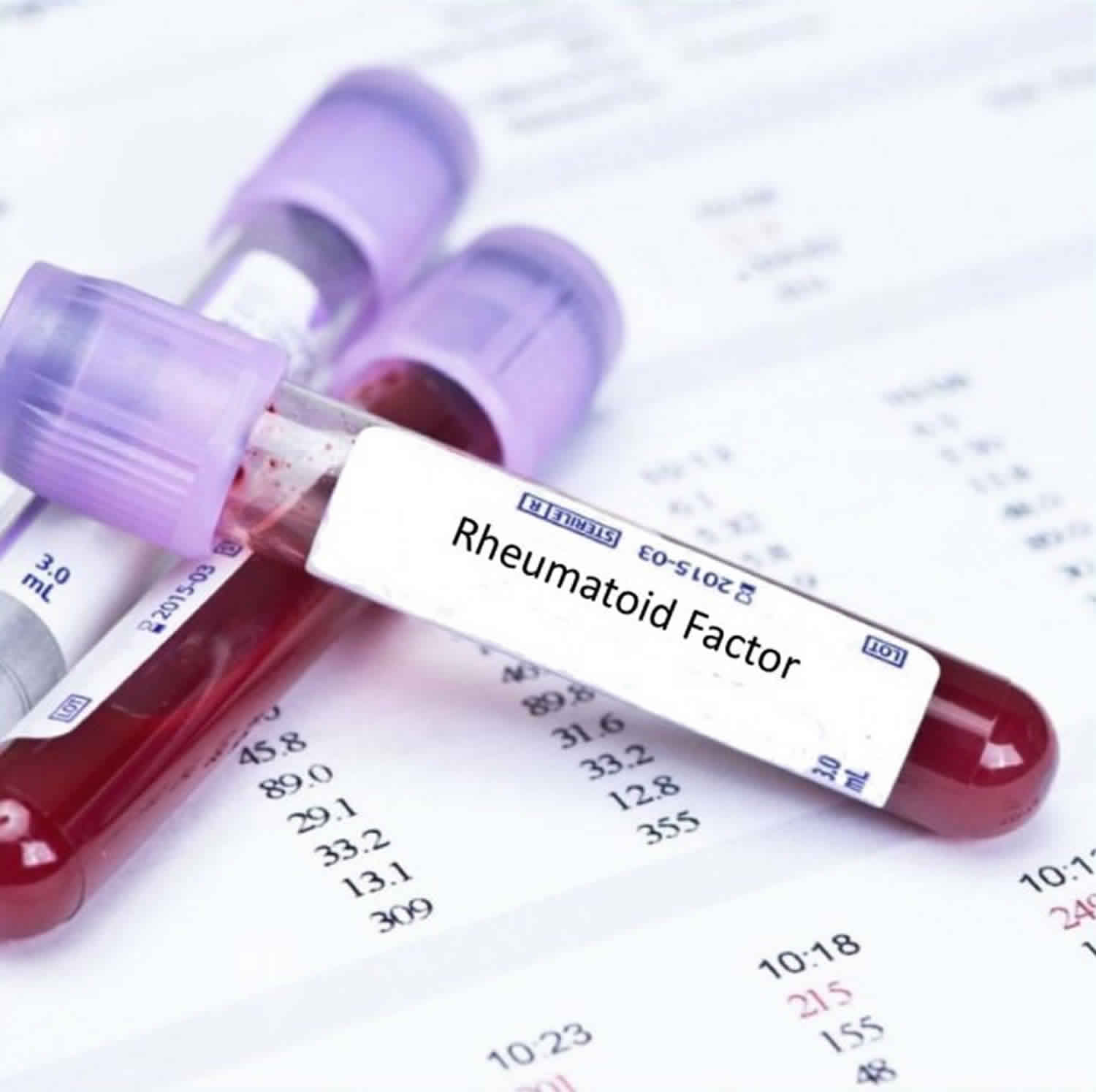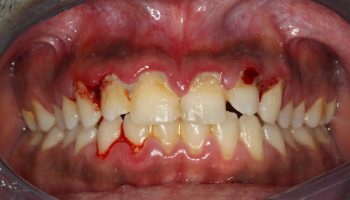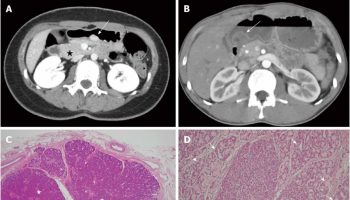What is rheumatoid factor
Rheumatoid factor is an autoantibody, an immunoglobulin M (IgM) protein that is produced by your body’s immune system. Autoantibodies attack a person’s own tissues, mistakenly identifying the tissue as “foreign.” While the biologic role of rheumatoid factor is not well understood, its presence is useful as an indicator of inflammatory and autoimmune activity. Rheumatoid factor test detects and measures rheumatoid factor in the blood and may be used, along with other tests, to help in the diagnose of rheumatoid arthritis.
Rheumatoid arthritis is a chronic, systemic autoimmune disease that causes inflammation, pain, stiffness, and destructive changes in the hands, feet, and other joints throughout the body. Some patients may show signs of fatigue, low-grade fevers, and weight loss.
Rheumatoid arthritis can affect anyone at any age but usually develops in the late child-bearing years in women and between the ages of 60 to 80 in men. Over 70% of those affected with rheumatoid arthritis are women. The course of rheumatoid arthritis and its prognosis are variable. It may develop and progress slowly or rapidly. It may go into remission in some people and, in a few, it may go away. Left untreated, rheumatoid arthritis can shorten a person’s lifespan and can, within a few years, leave many of those affected too disabled to work.
There are a variety of treatments available to minimize the complications of rheumatoid arthritis, but they depend on making an accurate diagnosis and on beginning treatment before the development of significant joint damage.
Rheumatoid factor has been used to detect rheumatoid arthritis. Because the sensitivity and specificity of rheumatoid factor are not ideal, other laboratory tests are often performed in conjunction with rheumatoid factor testing. About 80% of those with rheumatoid arthritis will have a positive rheumatoid factor test, but it can be negative in people who have clinical signs of rheumatoid arthritis.
A test for cyclic citrullinated peptide antibodies (CCP) may be done along with an rheumatoid factor test as studies have shown that the cyclic citrullinated peptide antibody test has a sensitivity and specificity that is considered better than rheumatoid factor and is more likely to be positive with early rheumatoid arthritis. Other tests that may be performed are:
- Complete blood count (CBC, for anemia & thrombocytosis)
- Erythrocyte sedimentation rate (ESR)
- C-reactive protein (CRP)
- Anti-nuclear antibodies (ANA)
- Antineutrophil cytoplasmic antibodies (ANCA)
- Synovial fluid analysis (inflammatory joints)
Elevated rheumatoid factor can be found in a small percentage (5-10%) of healthy people. Rheumatoid factor may also be elevated in the elderly, though they may not demonstrate clinical signs. In addition, elevated levels of rheumatoid factor may be detected in people who do not have rheumatoid arthritis (false positive) but may have another disorder:
- Sjögren syndrome
- Systemic lupus erythematosus (SLE)
- Bacterial, viral, and parasitic infections (hepatitis, TB, syphilis, leprosy)
- Certain cancers
- Lung disease, liver disease, and kidney disease
Rheumatoid factor test
Rheumatoid factor test measures the amount of rheumatoid factor in your blood. High levels of rheumatoid factor in the blood are most often associated with autoimmune diseases, such as rheumatoid arthritis and Sjogren’s syndrome. But rheumatoid factor may be detected in some healthy people, and people with autoimmune diseases sometimes have normal levels of rheumatoid factor.
The rheumatoid factor test is used in conjunction with other laboratory tests and imaging tests (X-rays, ultrasound, MRI) to diagnose rheumatoid arthritis and to help distinguish rheumatoid arthritis from other forms of arthritis or other conditions that cause similar symptoms.
While diagnosis of rheumatoid arthritis relies heavily on the clinical picture, some of the signs and symptoms may not be present or follow a typical pattern, especially early in the disease. Furthermore, the signs and symptoms may not always be clearly identifiable since people with rheumatoid arthritis may also have other connective tissue disorders or conditions, such as Raynaud phenomenon, scleroderma, autoimmune thyroid disorders, and systemic lupus erythematosis, and display symptoms of these disorders as well. The rheumatoid factor test is one tool among others that can be used to help make a diagnosis when rheumatoid arthritis is suspected.
Why is rheumatoid factor test done?
A rheumatoid factor test is one of a group of blood tests primarily used to help pinpoint a diagnosis of rheumatoid arthritis. These other tests may include:
- Anti-nuclear antibody (ANA)
- Antineutrophil cytoplasmic antibodies (ANCA)
- Anti-cyclic citrullinated peptide (anti-CCP) antibodies
- C-reactive protein (CRP)
- Erythrocyte sedimentation rate (ESR, or sed rate)
- Complete blood count (CBC, for anemia & thrombocytosis)
- Synovial fluid analysis (inflammatory joints)
The amount of rheumatoid factor in your blood may also help your doctor choose the treatment approach that will work best for your situation.
When is rheumatoid factor test ordered?
The test for rheumatoid factor may be ordered when a person has signs and symptoms of rheumatoid arthritis. Symptoms may include:
- Pain, warmth, swelling, and morning stiffness in the joints
- Nodules under the skin
- If the disease has progressed, evidence on X-rays of swollen joint capsules and loss of cartilage and bone
An rheumatoid factor test may be repeated when the first test is negative and symptoms persist.
Rheumatoid factor test results
Normal rheumatoid factor is <15 IU/mL.
Positive results are consistent with but not specific for, rheumatoid arthritis. The rheumatoid factor test must be interpreted in conjunction with other laboratory tests and a person’s signs, symptoms, and clinical history. Rheumatoid factor is present in 70%-90% of patients with rheumatoid arthritis, though is not diagnostic of rheumatoid arthritis.
A positive rheumatoid factor test result indicates that a high level of rheumatoid factor was detected in your blood. A higher level of rheumatoid factor in your blood is closely associated with autoimmune disease, particularly rheumatoid arthritis. But a number of other diseases and conditions can raise rheumatoid factor levels, including:
- Certain cancers, such as leukemia or multiple myeloma
- Chronic infections such as mononucleosis or tuberculosis
- Inflammatory lung diseases, such as sarcoidosis
- Mixed connective tissue disease
- Sjogren’s syndrome
- Systemic lupus erythematosus
Some healthy people — particularly older individuals — have positive rheumatoid factor tests, though it’s not clear why. And some people who have rheumatoid arthritis will have low levels of rheumatoid factor in their blood.
In those with symptoms and clinical signs of rheumatoid arthritis, the presence of significant concentrations of rheumatoid factor indicates that it is likely that they have rheumatoid arthritis. Higher levels of rheumatoid factor generally correlate with more severe disease and a poorer prognosis.
A negative rheumatoid factor test does not rule out rheumatoid arthritis. About 20% of people with rheumatoid arthritis will have very low levels of or no detectable rheumatoid factor. In these cases, a cyclic citrullinated peptide (CCP) antibody test may be positive and used to confirm rheumatoid arthritis.
The 2010 Rheumatoid Arthritis Classification Criteria from the American College of Rheumatology includes cyclic citrullinated peptide (CCP) antibody testing, along with rheumatoid factor, as part of its criteria for diagnosing rheumatoid arthritis. According to the American College of Rheumatology, cyclic citrullinated peptide (CCP) antibodies may be detected in about 50-60% of people with early rheumatoid arthritis, as early as 3-6 months after the beginning of symptoms. Early detection and diagnosis of rheumatoid arthritis allows healthcare practitioners to begin aggressive treatment of the condition, minimizing the associated complications and tissue damage.
How long will it take for my rheumatoid factor test results to be available?
That depends on the laboratory performing the rheumatoid factor blood test. Not every lab performs rheumatoid factor test and your sample may be sent to a reference laboratory for testing. It may take 2 to 3 days for results to be available.





